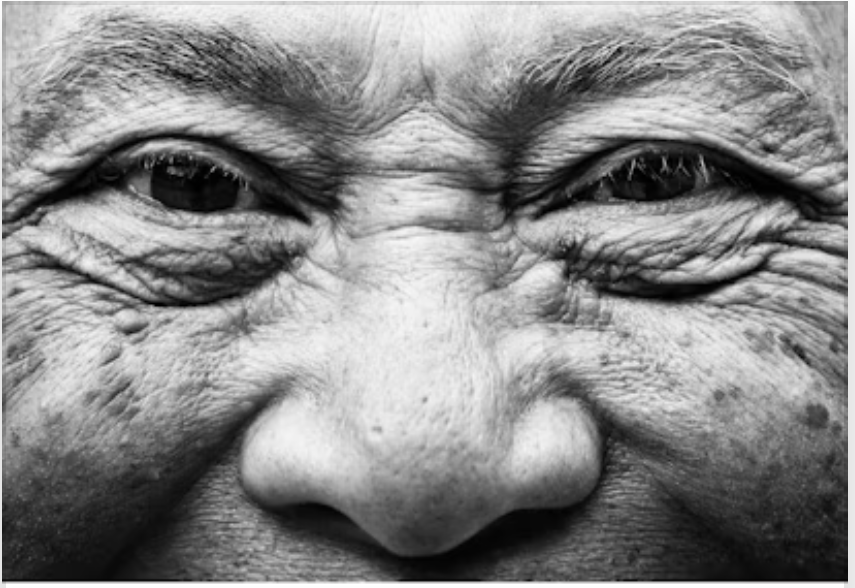
New Book by UCSB Scholar Offers Firsthand Account of a North Korean Labor Camp Survivor

In 1993, Kim Yong was a model North Korean citizen. Dedicated to his country and its leaders, the lieutenant colonel in the National Security Agency (NSA) enjoyed a privileged life with his wife and two children. When his superiors recommended him for a promotion to the rank of full colonel, however, a background check turned his entire world upside down.
After a discrepancy in his family history was revealed, the government accused Kim Yong of treason. Despite a lifetime of unfailing loyalty, he was arrested –– by order of North Korean leader Kim Jong-Il –– tortured, and sentenced to one of the country's most brutal labor camps.
In a new book, titled "Long Road Home: Testimony of a North Korean Camp Survivor" (Columbia University Press, 2009), Kim Suk-Young, an associate professor of theater arts at UC Santa Barbara, shares Kim Yong's first-person account of the atrocities he witnessed –– and experienced –– in Camps 14 and 18. She also tells of his harrowing escape through China and Mongolia to South Korea and, eventually, the United States. Kim Yong is the first known survivor of Camp 14, and the only known person to successfully escape from Camp 18. The book is based on a series of interviews and conversations between Kim Suk-Young and Kim Yong that began in 2004.
"Camp 14 is a death camp," said Kim Suk-Young. "Nobody walks out alive. Inmates are condemned to a slow death." In total, Kim Yong spent six years at Camps 14 and 18, working 17-hour days in a coalmine 2,400 feet below ground. He subsisted on a daily food ration of three handfuls of corn kernels, coarsely ground salt, and a bowl of watery soup. "The portion was deliberately designed to starve inmates to slow and excruciating deaths," explained Kim Suk-Young.
Commenting on American journalists Laura Ling and Euna Lee, who were pardoned yesterday by North Korea after having been convicted in June of entering the country illegally and sentenced to 12 years of hard labor, Kim Suk-Young noted that had they actually been sent to labor camps, their experience likely would have been vastly different from Kim Yong's. Following a meeting with former President Bill Clinton yesterday, Kim Jong-Il pardoned the journalists and ordered their release. The women returned to the United States with Clinton, arriving this morning at Burbank's Bob Hope Airport.
"I don't mean to minimize the gravity of their situation," she said, "but I think they would have been treated differently than Kim Yong. We can assume that they would have been sent to a special kind of showcase camp for foreigners. It's not very far from Pyongyang, and when Amnesty International and other human rights organizations visit North Korea, officials usually take them to that camp.
"The women might have been required to perform a certain number of hours of labor every day," she continued, "but I don't think their experience would have been anything close to the horrors that Kim Yong and other North Korean citizens have experienced."
Kim Suk-Young and Kim Yong met when Kim Suk-Young was a faculty member at Dartmouth. She had taken a group of Korean studies students to a conference on North Korean human rights, and Kim Yong was the plenary speaker. "His story was so compelling that we were all moved to tears," recalled Kim Suk-Young. "We couldn't believe these things were taking place now, in our time. I decided right then that somebody had to tell his story to a wider audience than just the people attending his talk."
The book, which is written as a straightforward narrative, begins with Kim Yong's placement in a state-run orphanage when he was 3 years old. His father had been executed as a spy for the United States, and his mother, hoping to protect Kim Yong from the consequences of his father's alleged misdeeds –– no matter how unfounded the accusations –– had placed him in the orphanage under a false name. "Without knowledge of his secret past, Kim grew up, entered the military, and eventually achieved the rank of lieutenant colonel in the NSA," said Kim Suk-Young. Working under the auspices of the NSA, Kim became a vice president in a trading company. As a foreign currency earner for the regime, he once submitted loyalty funds to Kim Jong-Il, who in response sent a personal note promising to protect Kim's family.
While Kim Yong is on a political mission to tell his story, Kim Suk-Young wanted to present a broad picture that covers various aspects of life in North Korea. "Human rights abuses are, of course, at the core of this story, but I also wanted the book to capture what it means to grow up in North Korea, what it means to have a family, what it means to have friends and colleagues there," she said. "What we get here, outside of North Korea, is the government propaganda. And the way our own media reacts to that is by using our own propaganda –– that North Korea is this condemned place where no human being can live a normal life. This book shows a wider perspective, a sense of everyday life that exists for the ordinary people who live there."
Related Links



